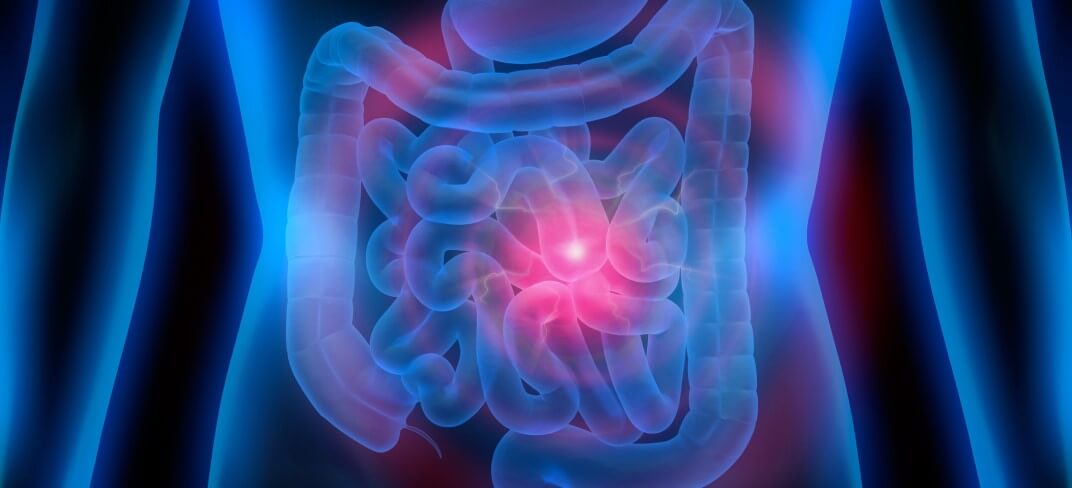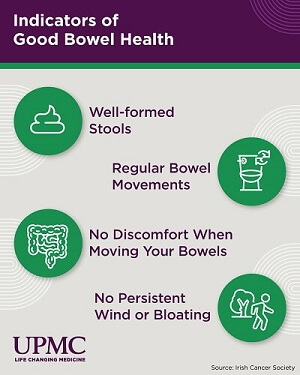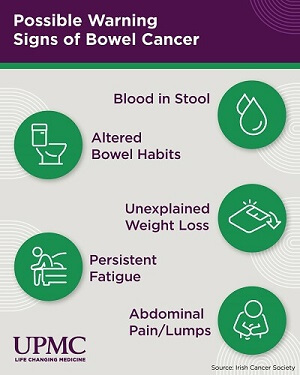Recognising Normal Bowel Patterns and Knowing When to Seek Help

While bowel movements may not be the most comfortable topic, they serve as an indicator of our digestive health. Whether it's too frequent or too infrequent, irregularities can cause concern and discomfort. But what constitutes a healthy bowel routine?
Frequency of bowel movements varies among individuals and can be influenced by several factors, including:
- Age
- Diet
- Daily activity levels
Ideally, a healthy bowel routine can range from three movements a day to three movements a week.
What is Healthy Digestion?
During healthy digestion, nutrients from consumed food are absorbed into the bloodstream. The remnants then travel through the intestines to the colon. Here, water is extracted, forming urine, while waste is expelled as stool within one to two days.

What is Constipation?
Constipation occurs when bowel movements are infrequent, typically less than three times a week. Hardened fecal matter in the colon often leads to symptoms such as dry, small, and painful stools.
To alleviate constipation, dietary adjustments are key. Please see below for a list of fiber-rich foods recommended to reduce the likelihood of constipation:
- Whole-grain breads and cereals
- Fruits
- Vegetables
- Beans
Additionally, staying hydrated by drinking water and avoiding caffeine can aid in relief.
What is Diarrhoea?
Conversely, diarrhoea involves frequent, loose bowel movements, typically exceeding three to four times a day. Symptoms may include cramps, bloating, belly pain, and vomiting.
Hydration is crucial in managing diarrhoea. Moreover, avoiding fatty, greasy foods, and high-fiber items can help alleviate symptoms.
When Should I Seek Medical Advice for Bowel Issues?
While occasional irregularities are normal, persistent issues warrant medical attention. Consult your GP if:
- Constipation persists for over three weeks.
- Diarrhoea continues for more than two days.
- Severe pain or blood in stool is experienced.
Don't hesitate to seek assistance. Left untreated, constipation and diarrhoea can lead to serious health complications.
What are Symptoms of Bowel Cancer?
Additionally, it's important to be aware of the symptoms of bowel cancer, which can affect anyone regardless of age, gender, ethnicity, or location. According to the HSE, bowel cancer manifests through three primary symptoms:
- Alteration in Bowel Habits: This typically involves an increase in the frequency of bowel movements accompanied by a change in stool consistency, often becoming looser.
- Presence of Blood in Stool: If you notice blood in your stool without a clear explanation or alongside changes in bowel habits, it could be a concerning sign.
- Lower Abdominal Discomfort: Persistent pain, bloating, or discomfort in the lower abdomen, particularly after eating, and coinciding with appetite loss or unexplained weight loss, may indicate an underlying issue.

While these symptoms don't always indicate bowel cancer, it's crucial to investigate their underlying cause.
Talk to your GP If you experience any of these symptoms. Early detection and treatment can significantly improve outcomes. If there is a family history of bowel cancer, you may want to discuss this with your GP.
Learn more about Gastroenterology and Digestive Services at UPMC.